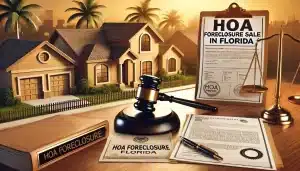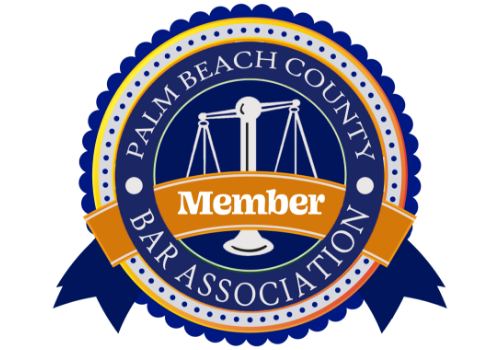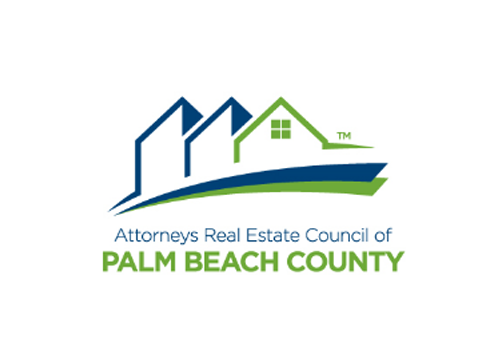Table of Contents
Homeowners Associations (HOA) in Florida: Legal Rights and Obligations
Introduction
Purchasing a home within a Homeowners Association (HOA) community in Florida offers numerous benefits, including maintained common areas, shared amenities, and enforced community standards that help preserve property values. However, homeowners and prospective buyers must understand the legal framework governing HOAs in Florida to navigate their rights and obligations effectively. This comprehensive guide delves into the intricacies of Florida’s HOA laws, providing homeowners with the knowledge needed to make informed decisions.
Understanding Homeowners Associations (HOAs) in Florida
An HOA is a private entity established by a real estate developer to manage and sell homes within a subdivision. Once a predetermined number of properties are sold, the developer transfers control of the association to the homeowners. In Florida, HOAs are governed by the Florida Homeowners’ Association Act (Chapter 720, Florida Statutes). This legislation outlines the powers, duties, and operation procedures of HOAs, ensuring transparency and fairness in their governance.
Governing Documents
HOAs operate based on a set of governing documents that dictate the rules and regulations of the community. These typically include:
Declaration of Covenants, Conditions, and Restrictions (CC&Rs)
- This document outlines the rights and responsibilities of HOAs and their members, including property use restrictions and maintenance obligations.
Bylaws
- These detail the internal management procedures of the HOA, including board member elections, meeting procedures, and voting rights.
Rules and Regulations
- HOAs may establish additional rules regarding property appearance, parking restrictions, noise ordinances, and common area usage.
Learn more about Florida Real Estate Laws here.
Legal Rights of Homeowners in Florida HOAs
Florida homeowners living in HOA communities have certain legal protections and rights, including:
- Right to Access HOA Records – Homeowners have the legal right to inspect and copy HOA financial reports, meeting minutes, and governing documents.
- Voting Rights – Members have the right to vote on significant community matters, including elections for HOA board members.
- Challenging Fees and Assessments – If a homeowner believes an HOA-imposed fee is unjust, they have the right to contest it through legal means.
- Fair Enforcement of Rules – HOA rules must be enforced uniformly across all members to avoid discrimination or arbitrary enforcement.
Find out about Landlord & Tenant Disputes here.
Common HOA Obligations for Homeowners
- Paying HOA Fees and Assessments – Homeowners must pay HOA dues according to the schedule determined by their association, typically monthly, quarterly, or annually. These dues fund community services, amenities, and maintenance.
- Compliance with Community Rules – Homeowners must follow community guidelines concerning property upkeep, noise levels, and permitted modifications.
- Respecting the HOA’s Authority – Members must acknowledge the HOA board’s governing power and adhere to approved decisions and policies.
Common HOA Disputes and How to Handle Them
Disagreements between homeowners and their HOAs are common and may include:
Fee Disputes
- Homeowners may challenge excessive fees or special assessments that appear unjustified.
Architectural Restrictions
- Disputes can arise over property modifications that the HOA deems non-compliant with community standards.
Neighbor Conflicts
- HOAs sometimes mediate disputes between residents regarding noise, property boundaries, or shared facilities.
Failure to Maintain Common Areas
- Homeowners may seek legal recourse if the HOA neglects to uphold community maintenance.
Florida Laws Governing HOAs
The Florida Homeowners’ Association Act (Chapter 720, Florida Statutes) dictates both homeowners’ and HOA boards’ responsibilities and rights. Key provisions include:
- Mandatory Transparency – HOAs must provide open access to meeting records and budgets.
- Limitations on Special Assessments – HOAs cannot impose assessments without proper notice and a homeowner vote under certain conditions.
- Dispute Resolution Requirements – Florida law encourages mediation and arbitration before homeowners or HOAs pursue litigation.
- Restrictions on Foreclosure – HOAs must follow specific legal procedures before initiating foreclosure actions for unpaid fees.
Hypothetical Legal Case Scenarios
Example 1: Dispute Over HOA Special Assessments
A gated Palm Beach community homeowner receives an unexpected $5,000 special assessment for community renovations. The homeowner contests the charge, arguing that the board did not properly notify residents or obtain the required votes before levying the assessment.
Legal Solution: Attorneys John M. Jorgensen and S. Brian Bull file a legal challenge based on Florida Statutes Chapter 720, forcing the HOA to provide proper transparency and possibly rescind the unlawful assessment.
Example 2: Illegal HOA Foreclosure Attempt
A homeowner in West Palm Beach falls behind on HOA dues due to medical hardship. The HOA moves quickly to foreclose on the property without proper notification.
Legal Solution: A real estate attorney intervenes, ensuring the HOA follows Florida foreclosure regulations, preventing unlawful foreclosure, and negotiating a reasonable repayment plan.
When to Seek Legal Assistance
While many HOA disputes can be resolved internally, some require professional legal guidance. Homeowners experiencing persistent conflicts with their HOA or facing unjust penalties may benefit from consulting an experienced real estate attorney. John M. Jorgensen and S. Brian Bull, legal experts at Scott-Harris, provide specialized assistance in HOA-related legal matters, helping homeowners protect their rights.
Schedule a consultation with Scott-Harris Real Estate Attorneys here.
Conclusion
Understanding Florida HOA laws is essential for homeowners to protect their rights while complying with community regulations. Homeowners can confidently navigate HOA interactions and dispute resolution processes by knowing their legal rights and obligations.
For expert legal guidance on HOA disputes or related real estate matters, contact Scott-Harris Law Firm today to schedule a consultation.












